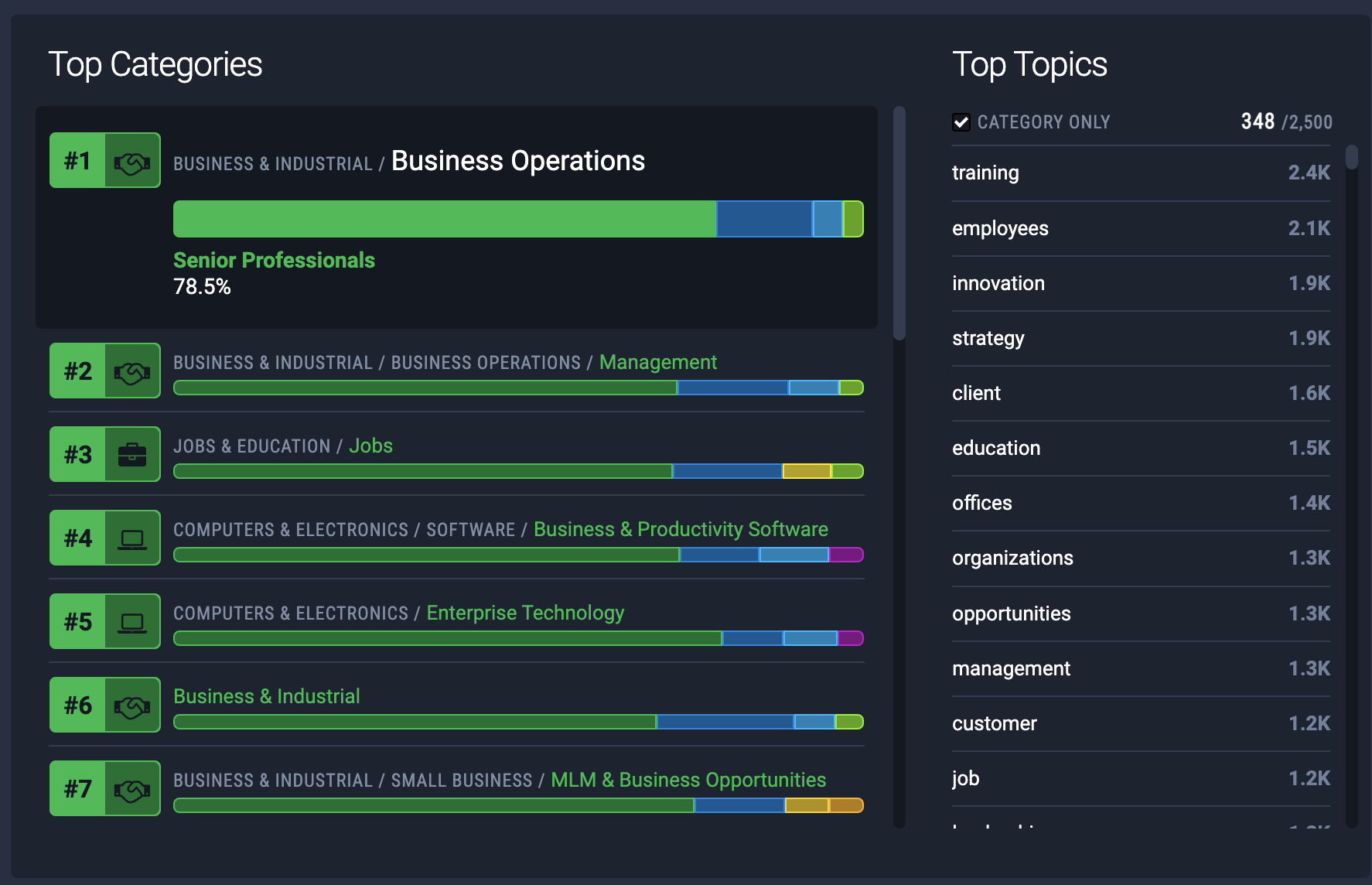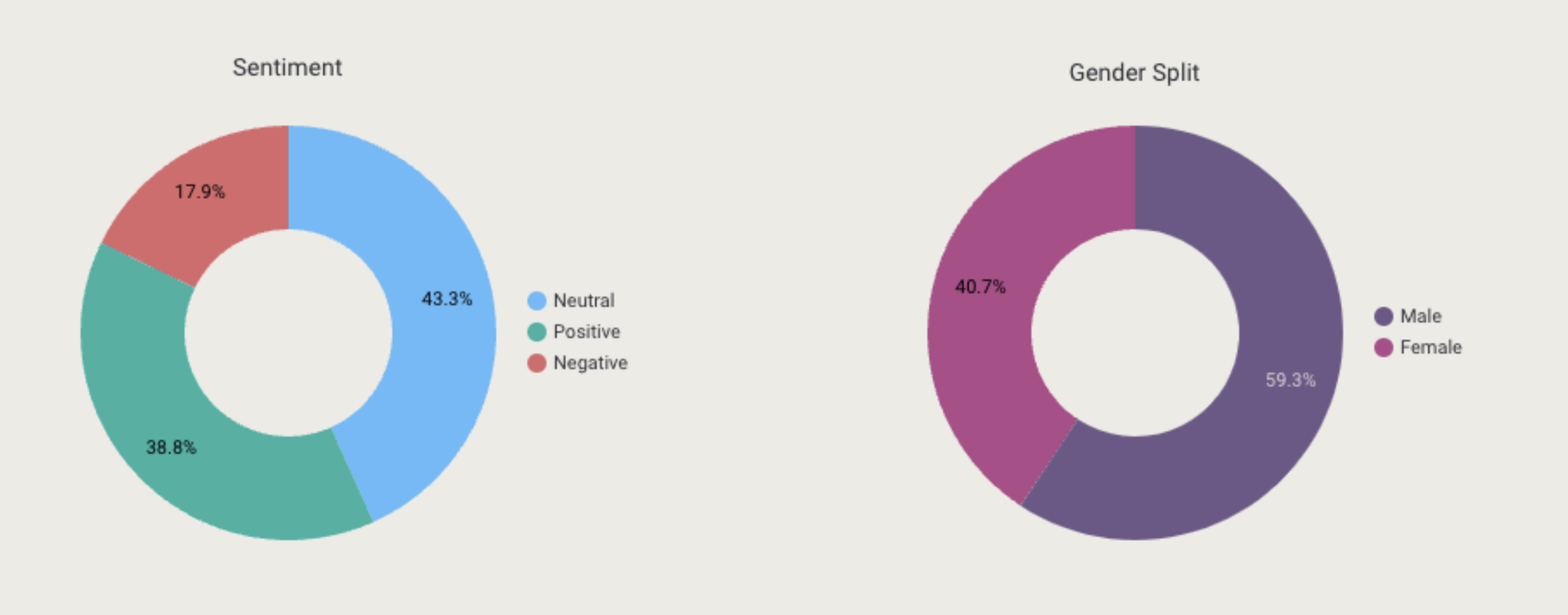What if every weekend was a long weekend? It’s an idea that is one step closer to becoming reality following the recent announcement that dozens of UK companies are implementing four-day work weeks post the recent trial period. The topic has been one of heavy debate for years, but has the success of the experiment recruited new supporters to the initiative? We used social listening to find the audiences involved in the conversation of both the initial trial announcement and the recent results to understand evolving sentiment of shortened work weeks.
Insights:
- Interest Among the Crowd
Sophisticates & Professionals and Culture Vultures have both shown significant increase in involvement in the conversation following the trial. One is defined by their interest in politics, economics, business, education and progressive values. The other is heavily entrenched in Food, theatre, art, design, literature and travel, engaging with museums, shows, and galleries. While separate in their interests, these groups share similar positive opinions on the Four-Day Work Week since the trial has concluded.

- Younger Audiences
Tribes revolving around Contemporary Culture, such as Grime & Hip Hop Fans, Pop Culture, Sports Fans, Gen Zers and Gamers were a driving force in the online conversation when the announcement of the trial was made back in 2022, but have since become a less significant voice in 2023. They now make up a third of the discussion, down from half, but this could be due to the addition of new groups getting involved.
- New evidence brings new support
The major growth of involvement from sophisticates, professionals and culture vultures since the conclusion of the trial, suggests these communities needed evidence of the benefits of the Four-Day Work Week before getting behind the scheme. Proof the scheme is effective has garnered the interest and support of these more senior demographics.

Overall, the conclusion of the trial has increased positive public sentiment surrounding four-day work weeks amongst all audiences. While Gen Z led the charge of support in 2022, new groups are finally starting to come around and offer support for the scheme in 2023.
To learn more about how Fifty can help you understand your audiences, get in touch with us at [email protected] or book a demo directly with our team.








































